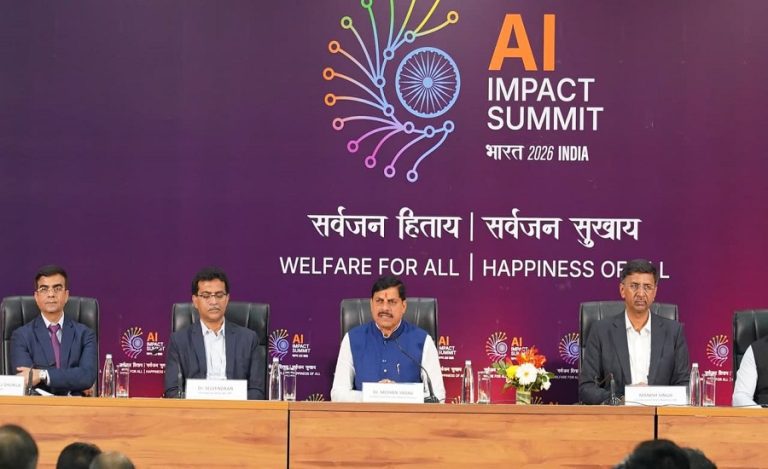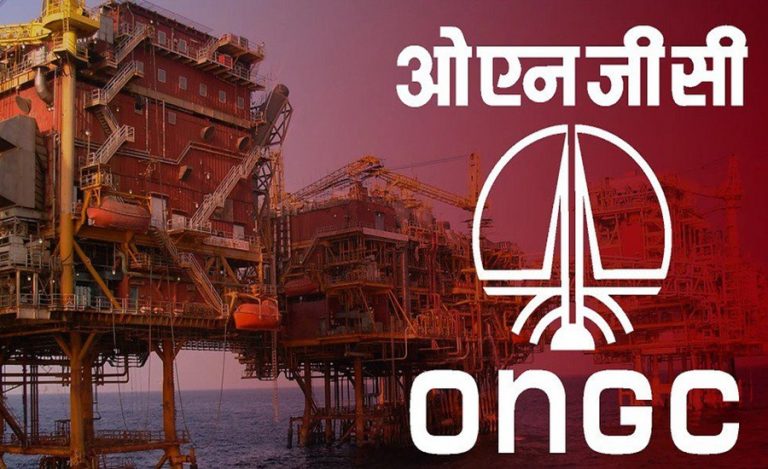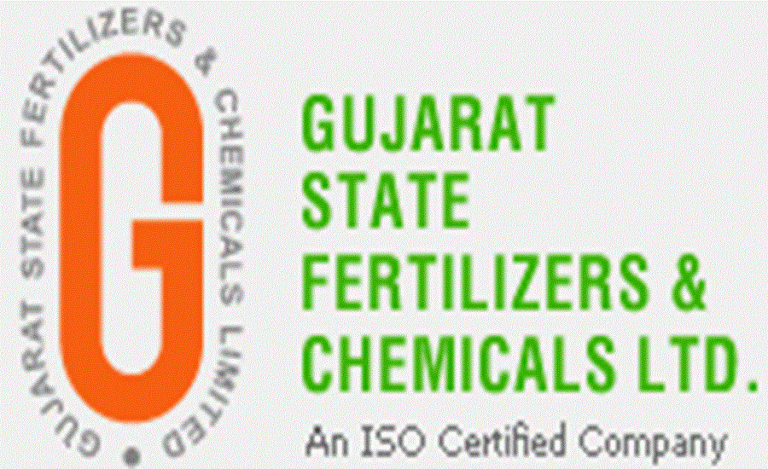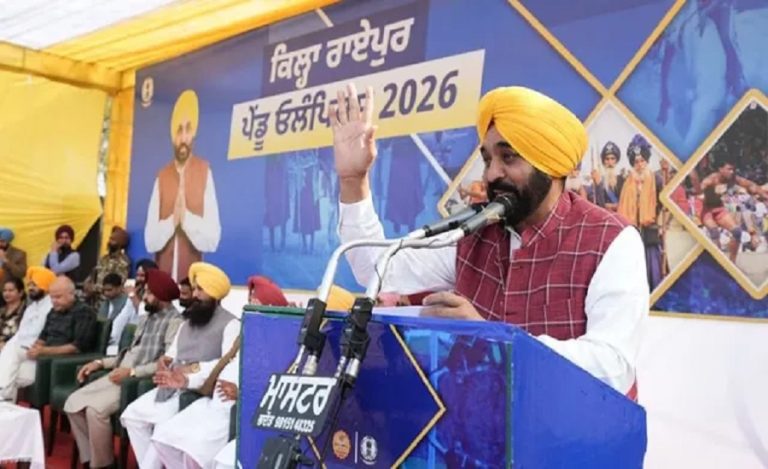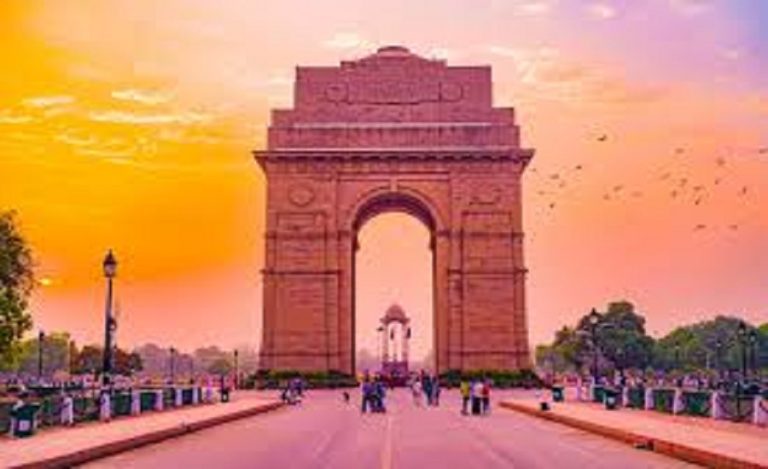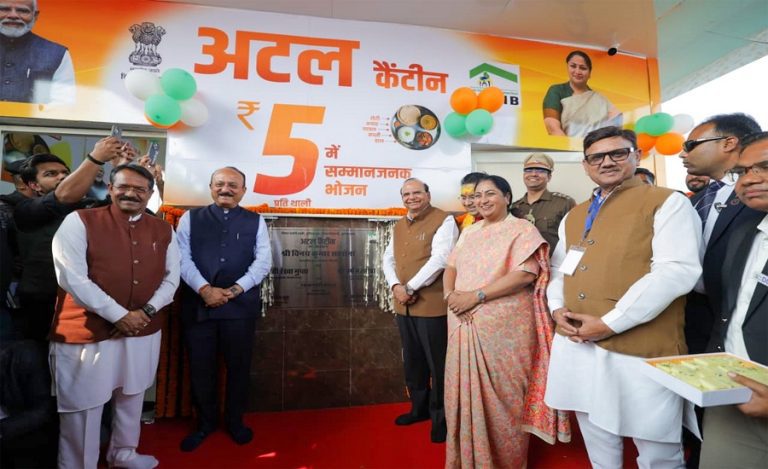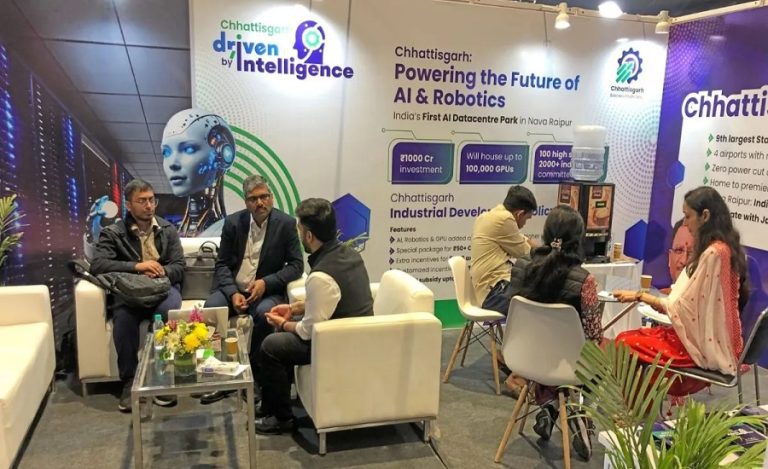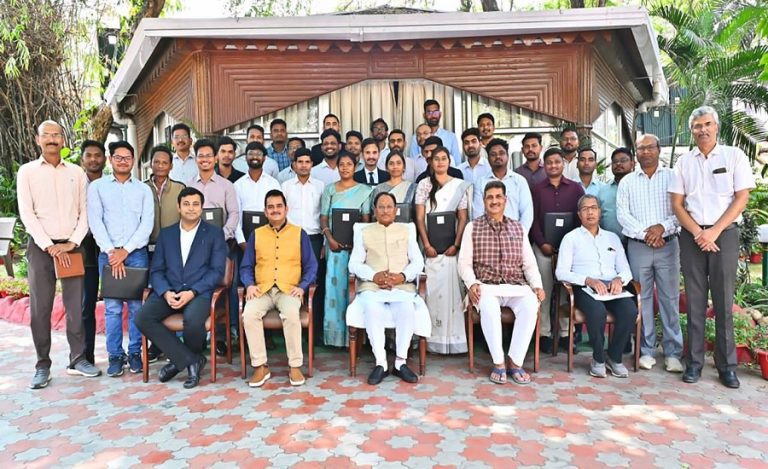In a significant step towards sustainable agriculture, MoS Anupriya Patel on Tuesday informed the Rajya Sabha that three new nano fertiliser plants will be set up by public and private fertiliser companies, with a total production capacity of 17 crore bottles (500 ml each) per annum.
Minister of State for Chemicals and Fertilizers Ms. Anupriya Patel, in a written reply, clarified that while the government is not directly involved in establishing nano fertiliser units, it continues to facilitate and encourage their expansion across India.
Existing Nano Fertiliser Infrastructure
The Minister noted that seven nano-urea plants have already been established by fertiliser companies, with a combined production capacity of 27.22 crore bottles annually. Additionally, three nano-DAP (Di-Ammonium Phosphate) plants have been set up with an annual capacity of 7.64 crore bottles.
The new upcoming plants will augment the existing supply chain, taking the combined nano fertiliser production capacity (urea and DAP) significantly higher.
Sales and Regional Reach
Since their inception, fertiliser companies have sold 10.68 crore bottles of nano urea and 2.75 crore bottles of nano DAP, reaching all regions of the country, including tribal-dominated areas.
Promotion and Accessibility
The Minister highlighted the Centre’s continued efforts to promote nano fertilisers. These include:
- Distribution through Pradhan Mantri Kisan Samridhi Kendras (PMKSKs)
- Inclusion of nano urea in the monthly supply plan issued by the Department of Fertilizers
- A coordinated Maha Abhiyan with fertiliser companies for the adoption of Nano DAP in all 15 agro-climatic zones
- Field-level demonstrations and awareness campaigns across 100 districts for nano urea plus
Nano fertilisers are being seen as a game-changer for sustainable agriculture, offering precision nutrition, reducing chemical fertiliser use, and minimising environmental impact.


